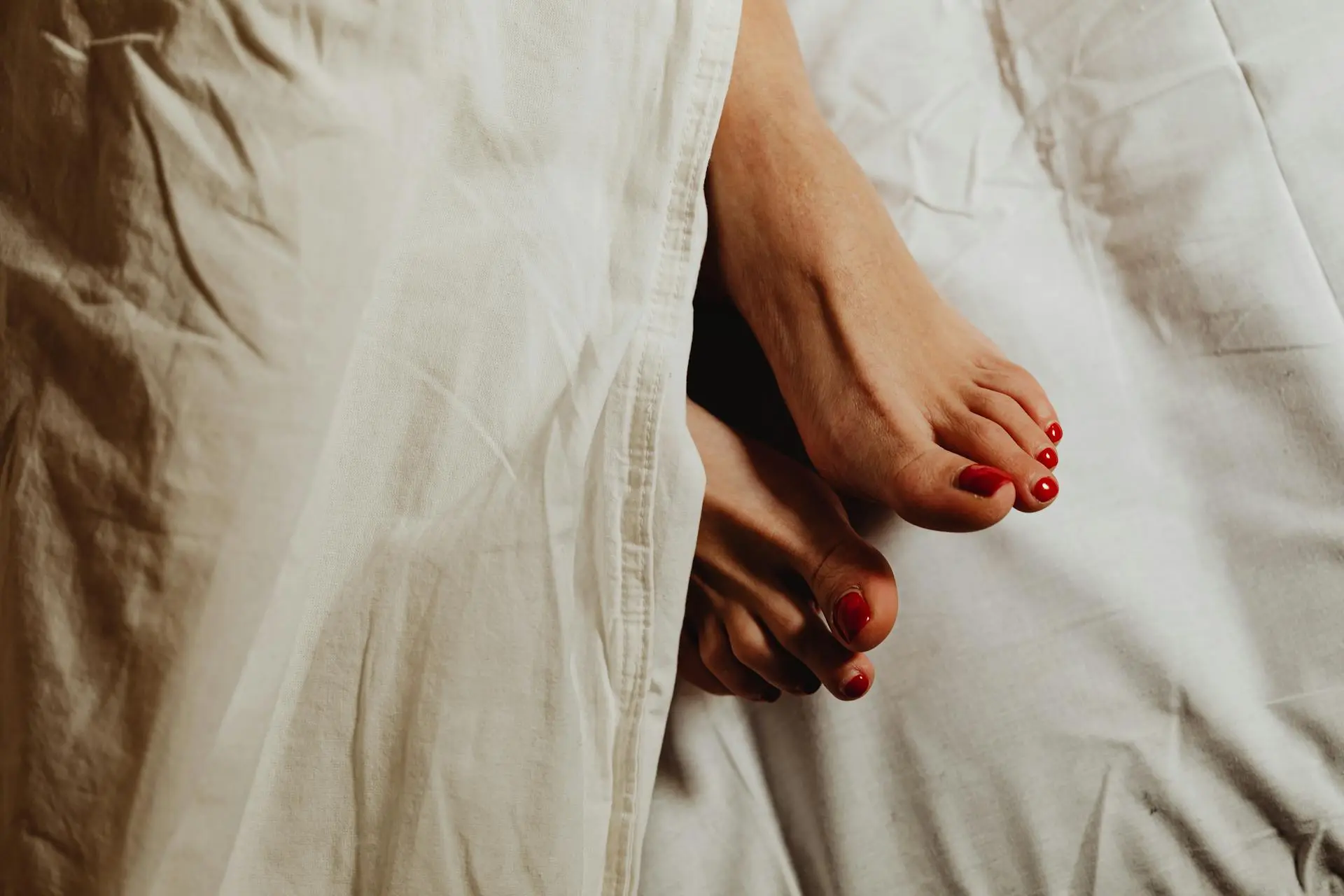The Importance of Sleep for Our Wellbeing: 8 Top Tips

Sleep is so important for our wellbeing. Sleep allows our mind and body time to rest and recover. Long-term sleep deprivation can negatively impact our mood, immunity, cognitive function, and increase our risk of metabolic disorders and ill health.
Modern life and technology don't promote good sleep quality. It’s the paradox of modern life, with technology adding to and assisting our daily life in countless ways, and all the while simultaneously adding to the burden of reduced sleep and sleep quality.
So what’s the circadian rhythm?
Our sleep is determined by a number of internal processes. These processes are regulated by hormone secretion and run on a 24-hour (ish!) cycle, which is controlled by our biological clock located in the hypothalamus. This is the circadian rhythm.
Modern life disrupts this natural circadian rhythm in a number of ways…shift work, artificial light and more sedentary lifestyle, all play a part in disruption of our in-built sleep/wake regulatory system.
Sunlight
Light exposure helps to calibrate the sleep/wake cycle. Melatonin secretion is negatively impacted by exposure to bright light at nighttime. This is a particular concern for shift workers, who will often have disturbed sleep and daytime drowsiness. Spending time in natural light in the early morning helps to regulate the circadian system. So, what this means is that our morning routine can help to support or sleep. Exposure to light in the morning is helpful to ensure to that our bodies are secreting melatonin, a hormone secreted from the pineal gland, at nighttime to promote sleep.
Top Tips to promote better sleep
Keep the room cool. The Goldilocks effect! Too warm, and we will be uncomfortable, and too cold and we will disturb.
Darkness - avoid blue light and bright lights for an hour before bed wherever possible.
Avoid eating too late, it takes a lot of energy to digest food and this can ;leave us tossing and turning!
Having a simple nighttime routine can help those of us who struggle to settle to sleep, whether that’s reading, writing, doodling, self massage, anything that helps you to wind down, while avoiding bright lights that you can fit into your routine can be helpful here.
Jotting down a to-do list can be useful if we are struggling to take our minds off tomorrow's lists! This can help us to regulate our anxiety around the day ahead.
Get some early morning rays of sunshine whenever possible!
Exercising in the morning can help
Avoid caffeine after lunchtime, caffeine affect sleep up to 10–12 hours after consumption.
